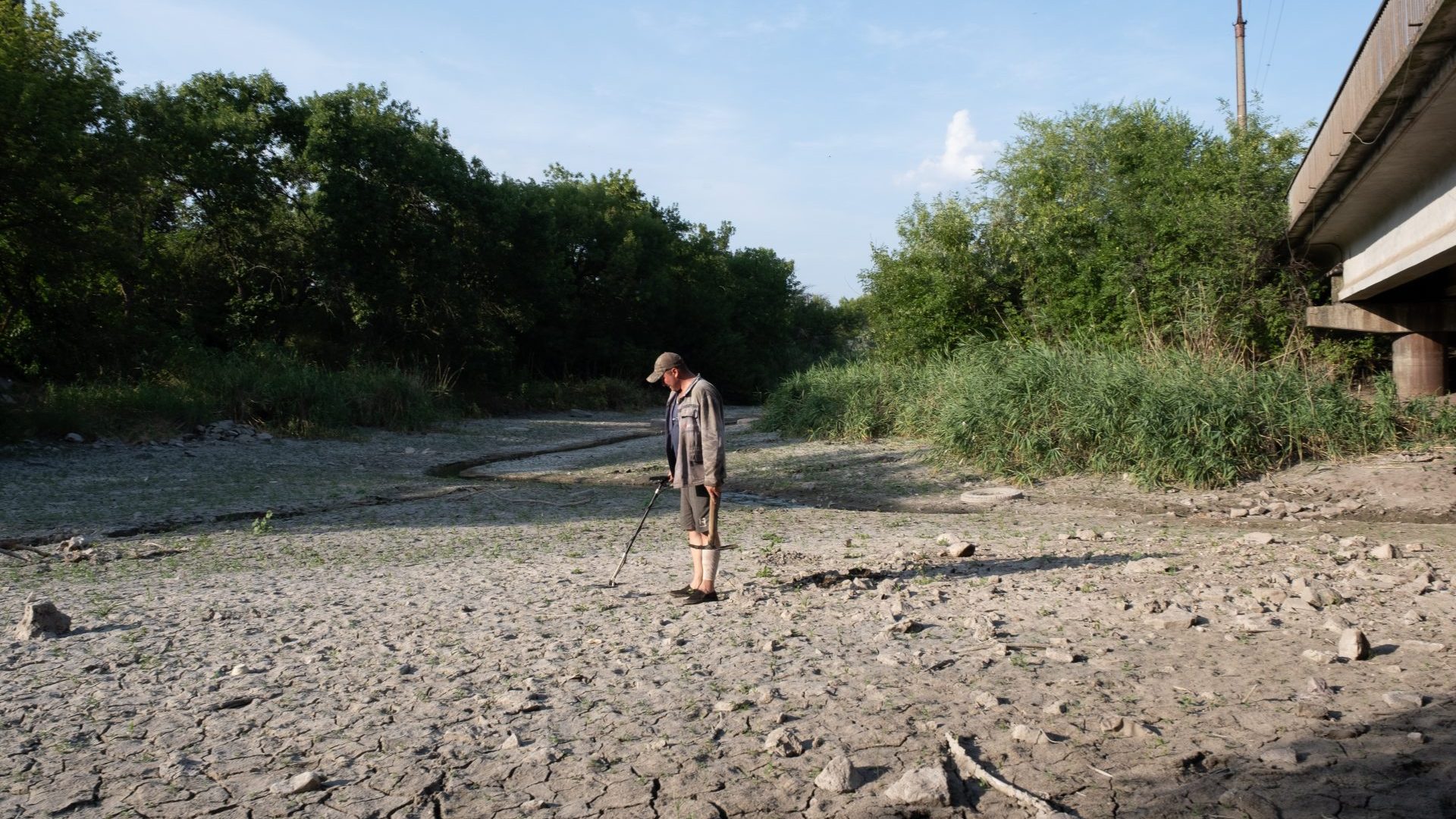Nuremberg has not become a byword for international justice
 The world is preparing to mark the 80th anniversary of the start of the Nuremberg trials in customary fashion.
The world is preparing to mark the 80th anniversary of the start of the Nuremberg trials in customary fashion.
A film, Nuremberg, was released in the US and Canada on November 7. Next week, the film – written, co-produced, and directed by James Vanderbilt – opens in the UK.
Chances are it will do well at the box office, exploring once again the moral, psychological, political and logistical complexities faced by the victorious allies in the immediate wake of World War II.
How do you punish those who designed and perpetrated the Holocaust?
How do you ensure that justice is done?
How to prevent history from repeating itself?
If anything, Nuremberg is a reminder of how unequal we are in our expectations of justice.
In their brilliant conversation in the Financial Times Swamp Notes (paywall), Tim Townsend, author of the acclaimed book Mission at Nuremberg, and Ed Luce come to a dispiriting conclusion: Nuremberg has not become a byword for international justice. Punishment and retribution is not freely and fairly dispensed for crimes against humanity.
In fact, the International Criminal Court (ICC) – a direct heir to the principles enshrined in the Nuremberg trials – has become a weapon to be used against the global south. The ICC, Mr Townsend points out, has issued 61 arrest warrants and taken up 33 cases. Most of these revolve around Africans. Those 33 cases, writes Mr Townsend, have “accused nationals from the Central African Republic, Côte d’Ivoire, the Democratic Republic of Congo, Kenya, Libya, Mali and Uganda”.
Despite the illegal 2003 invasion of Iraq and two years into the punishing military operations against the people of Gaza (which have left nearly 70,000 dead), there is no ICC trial of the perpetrators.
Tomorrow: Nuremberg hasn’t meant justice for Iraq, Gaza…




